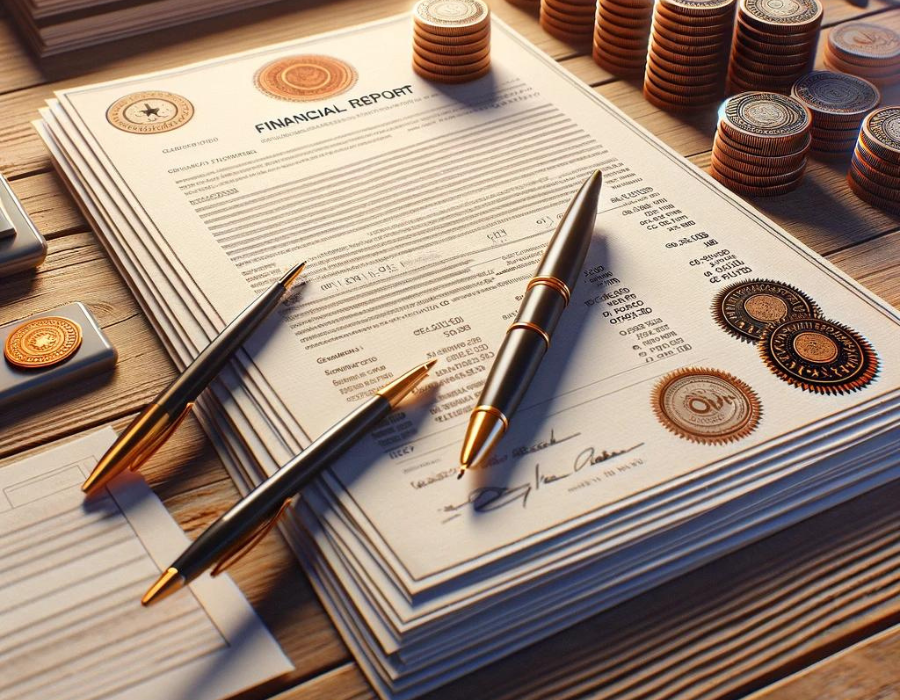I am Mariya Borevich, your personal lawyer. My primary goal is to help clients find optimal solutions to current legal issues, ensuring reliable protection of their interests. I specialize in family, civil, and military law, which allows me to effectively handle a variety of situations and cases. In family law, I provide support in resolving issues related to divorce, property division, establishing and challenging parental rights, alimony, and child custody. I understand that these matters are often emotionally complex, so I always strive to find the most delicate and fair solutions for all parties involved. In civil law, I assist in settling disputes related to contracts, property rights, compensation for damages, inheritance, and other issues concerning the protection of personal and property interests. Special attention is given to military law — supporting servicemen, protecting their rights and interests related to military service, social guarantees, and legal disputes. This area requires deep knowledge and understanding of the specifics of military service and the legislation regulating it.
Drafting of documents by a lawyer is one of the main services he provides to his clients. This includes not only the preparation of various legal documents, but also their analysis, correction and adaptation to the specific needs of the client.
Here are some important aspects of a development powers of attorney by a lawyer:
1. Legal analysis: Before drafting any document, a lawyer conducts a detailed analysis of the legal situation. He examines all relevant laws, rules, regulations and precedents that apply to a particular case.
2. Individual approach: Each case is unique, so the lawyer develops documents taking into account the specific circumstances and needs of the client. He works with the client to find out their goals and expectations and create documents that meet those needs.
3. Quality and accuracy: The lawyer ensures that all the developed documents meet the requirements of the law and contain all the necessary information. It is important that the documents are accurate and clear.
4. Representation and protection of interests: If necessary, the lawyer can represent the client in court or before other institutions. He uses the developed documents as a basis for protecting the client's interests and achieving the desired result.
5. Supporting documentation: In addition to the main legal documents that are required for a specific case, a lawyer can also develop additional documents that serve to support the main arguments and evidence.
The drafting documents by a lawyer is an important procedure that allows the client to delegate authority to a lawyer or other person to represent his interests in various situations.Here are some key steps in developing a power of attorney:
1. Identification of the parties: The power of attorney must include complete and accurate personal data of the client and the person to whom he delegates authority. It can be name, address, passport data, etc.
2. Description of powers: The power of attorney should clearly define what powers the client is delegating. This can be representation in court, concluding agreements, obtaining documents, etc. A detailed description helps to avoid misunderstandings and conflicts in the future.
3. Term of validity: The power of attorney may be limited by term of validity or by specific events. The customer can determine when authorizations take effect and when they expire.
4. Signature: The power of attorney must be signed by the client to be valid. In addition, in some cases it may require notarization.
5. Legal requirements: The lawyer must take into account all relevant legal norms and requirements that apply to the relevant situation and regulate the issuance of a power of attorney.
6. Individual needs of the client: The development of the power of attorney should meet the specific needs and interests of the client. A lawyer can work with the client to ensure that the power of attorney reflects their needs and wishes.
Drafting a power of attorney requires care and professionalism, as this document defines the rights and obligations of the parties. A lawyer can ensure that the power of attorney meets all requirements and protects the client's interests. drafting of documents by a lawyer is an important component of his work and helps ensure effective protection of the client's interests in the legal field.
Contact the specialists of our company "Legal Marketplace Consultant" LLC and receive the following services:
- development of contracts;
- proposal development;
- development of an application;
- drafting a proposal;
- development of a civil defense charter, etc.

































